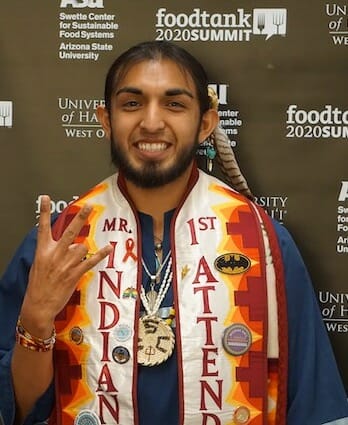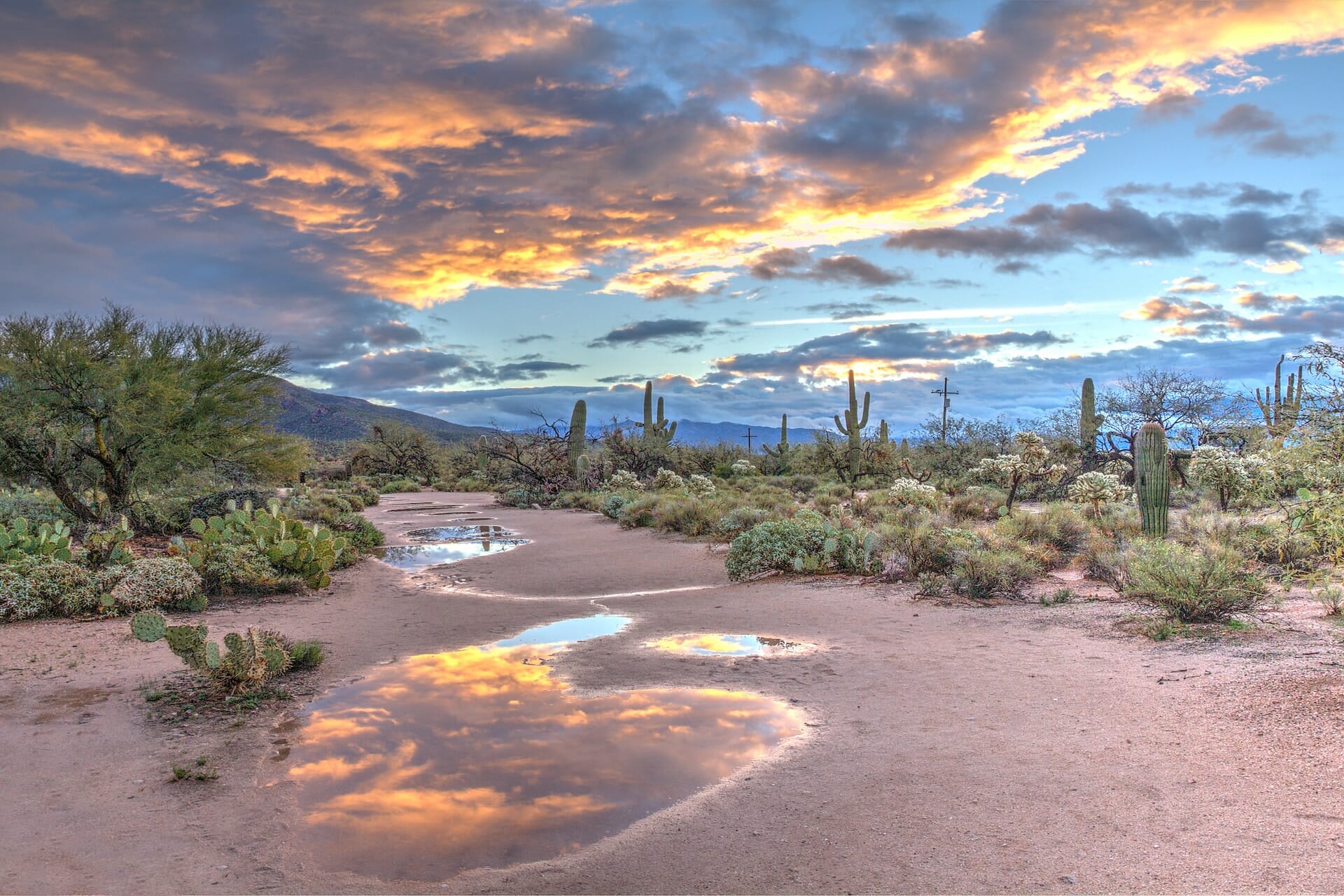
Empowering indigenous foodways
Example hero paragraph text.
Introduction
Indigenous foodways hold immense importance as they represent the culmination of centuries of wisdom, culture and sustainable practices. They are the embodiment of indigenous communities’ deep connection to their lands, traditional knowledge and ancestral heritage. By preserving and revitalizing indigenous foodways, we aim to honor and celebrate the cultural diversity and resilience of indigenous peoples. These foodways provide a pathway to reclaiming and asserting food sovereignty, empowering communities to determine their own food systems and sustainably manage their resources. Moreover, indigenous foodways offer valuable lessons for promoting environmental stewardship, biodiversity conservation and resilience in the face of climate change. Embracing and supporting indigenous foodways is a crucial step towards building more equitable, sustainable and culturally vibrant food systems that respect and honor the contributions of indigenous peoples.

How does the Swette Center empower Indigenous foodways?
We aim to lift up and empower Indigenous voices through community engagement and convenings, research and advocacy.

Food Tank Summit, “The Wisdom of Indigenous Foodways”
The Swette Center, Food Tank and the University of Hawaii, West Oahu convened a Food Tank Summit on “The Wisdom of Indigenous Foodways.” This ASU hosted event brought Indigenous voices to the forefront of a conversation about transforming our food system. The 22 featured speakers, almost all of them Native American or Native Hawaiian, included Indigenous celebrity chefs Mariah Gladstone and Sean Sherman, also known as “the Sioux Chef.”
The Summit shined a light on stories that demonstrate the wisdom of traditional knowledge systems. The Swette Center believes that meeting the challenges of extreme climate change and transforming food systems so that they are resilient and equitable, requires listening to Indigenous Peoples, standing with them and including them in decision-making on land that they have sustained for thousands of years.

Gather free film screening
In November of 2020, the Swette Center and Slow Food Phoenix co-hosted a free film screening of Gather, The Fight to Revitalize our Native Foodways. This film is an intimate portrait of the growing movement amongst Native Americans to reclaim their spiritual, political and cultural identities through food sovereignty while battling the trauma of centuries of genocide. After enjoying Gather, there was a post-film discussion with Melissa Nelson, a School of Sustainability Professor and Swette Center Faculty leader, Kathleen Merrigan, the Executive Director of the Swette Center and Cristal Franco, a Slow Food Phoenix Board Member. Read more about it on our blog linked below.

Indigenous Foodways book club: Enjoying the lyrical Braiding Sweetgrass
This event, co-hosted by the Swette Center, was a virtual book discussion of Robin Wall Kimmerer’s “Braiding Sweetgrass: Indigenous Wisdom, Scientific Knowledge, and the Teachings of Plants.” Through her storytelling, Kimmerer invites readers to reconnect with the natural world, emphasizing the reciprocal relationship between humans and the land. “Braiding Sweetgrass” encourages us to view agriculture not as an exploitative endeavor, but as a partnership with the Earth guided by principles of ecological wisdom. It prompts us to consider the health of the soil, the diversity of crops and the interdependence of species, mirroring the interconnectedness found in natural ecosystems.

Indigenous Foodways book club: Absorbing wisdom from Healing Grounds: Climate, Justice, and the Deep Roots of Regenerative Farming
This event, moderated by Swette Center research professor Mauricio Bellon, continued the book club discussion with “Healing Grounds” by Liz Carlisle. This book delves into the transformative power of regenerative agriculture and its potential to heal both the land and communities. It also sheds light on the history of regenerative agriculture by telling the stories of Indigenous, Black, Latinx and Asian American farmers who are reviving their ancestors’ methods of growing food—techniques long suppressed by the industrial food system.
Related research projects
-

Arizona food systems
Introduction Being based in Arizona, it’s only natural that supporting our home state’s food system is a top priority for the Swette Center. Arizona’s food system faces unique challenges due to the state’s arid climate and water scarcity. However, Arizona also presents opportunities for innovative approaches to promote sustainable food production and distribution. Sustainable agriculture…
-
Engaging the private sector
Lorem ipsum dolor sit amet, consectetur adipiscing elit, sed do eiusmod tempor incididunt ut labore et dolore magna aliqua. Ut enim ad minim veniam, quis nostrud exercitation ullamco laboris nisi ut aliquip ex ea commodo consequat. Duis aute irure dolor in reprehenderit in voluptate velit esse cillum dolore eu fugiat.
-

Empowering indigenous foodways
Lorem ipsum dolor sit amet, consectetur adipiscing elit, sed do eiusmod tempor incididunt ut labore et dolore magna aliqua. Ut enim ad minim veniam, quis nostrud exercitation ullamco laboris nisi ut aliquip ex ea commodo consequat. Duis aute irure dolor in reprehenderit in voluptate velit esse cillum dolore eu fugiat.